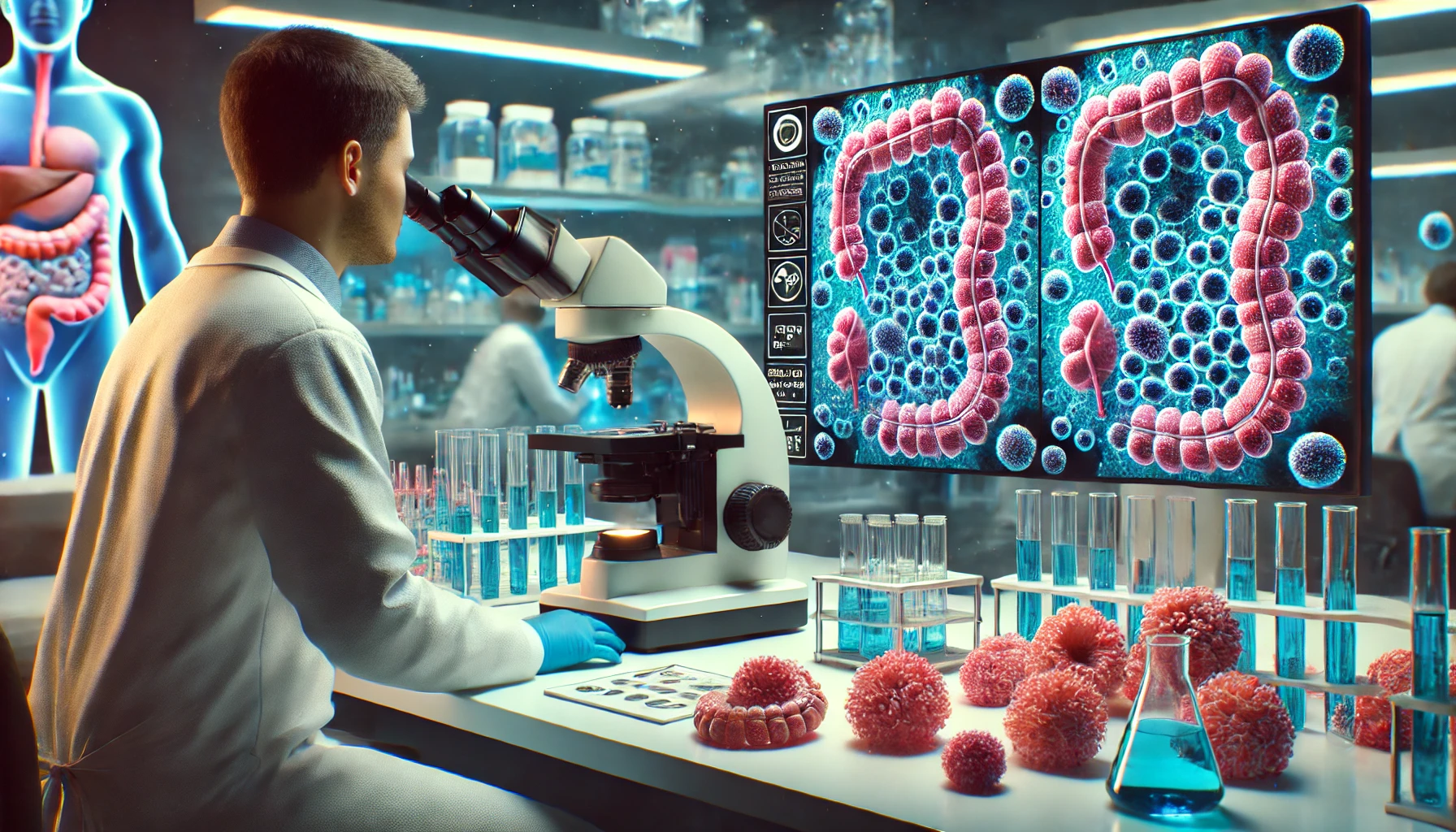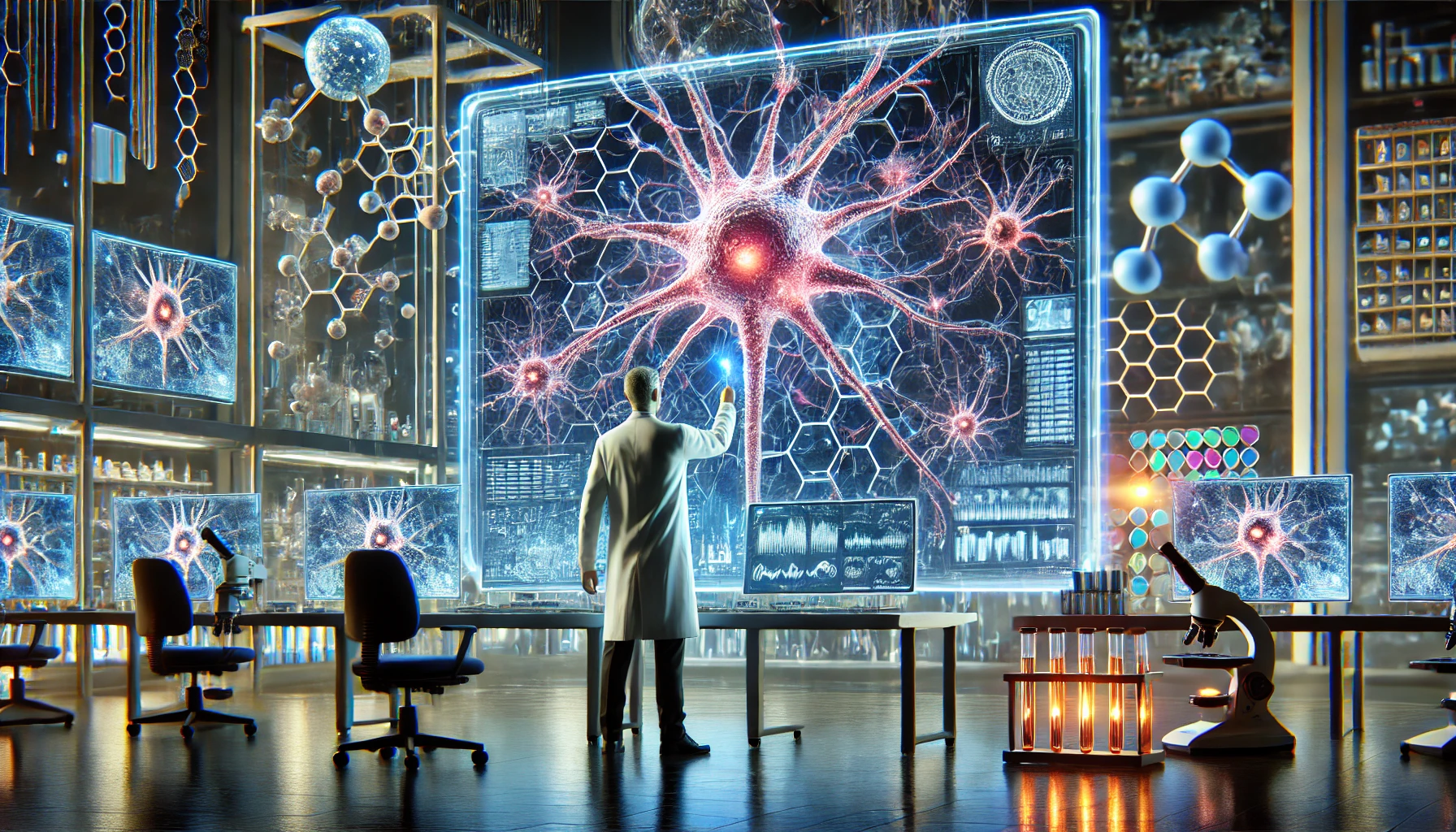Health News
cancer mutations fasting, fasting and cancer risk, fasting and cell proliferation, fasting and intestinal health, fasting and refeeding cycle, fasting health benefits, intermittent fasting, intermittent fasting risks, intestinal stem cells, low-calorie diets, mtor pathway cancer, polyamine production, refeeding phase cancer, regenerative medicine fasting, stem cell regeneration, stem cells cancer
New Study Raises Concerns About Fasting: MIT Scientists Link Fasting and Cancer Risk
Intermittent fasting and low-calorie diets are often praised for their health benefits, including enhanced stem cell regeneration, which helps the body heal. However, new research from MIT reveals a potentially dangerous downside: the same regenerative processes that help repair the intestines after fasting may also increase the risk of cancer if genetic mutations occur during the refeeding phase.
The research, conducted on mice, identified the mechanisms responsible for boosting intestinal regeneration after a period of fasting, but also highlighted how this process could trigger cancerous growths when genetic mutations were present. The study sheds light on the complex and sometimes contradictory effects of fasting on the body, particularly when it comes to the risk of developing early-stage intestinal tumors.
Fasting and Health: A Double-Edged Sword
Fasting has long been touted as a way to delay the onset of age-related diseases and extend lifespan, both in humans and other organisms. Numerous studies, including previous work from MIT, have shown that fasting enhances the body’s ability to regenerate tissues, especially in the intestines. During periods of food deprivation, the body switches from using carbohydrates to burning lipids (fats) for energy, which boosts the regenerative capacity of intestinal stem cells.
However, the latest research published by MIT takes a closer look at what happens during the refeeding phase, the period when the body is reintroduced to nutrients after a fast. It’s during this phase that the regeneration process kicks into high gear, but it also increases the likelihood of cancerous growth if a mutation occurs.
“We discovered that while the regenerative boost triggered by refeeding helps the body repair itself, it can also increase the risk of early-stage cancer if genetic mutations are present,” says Omer Yilmaz, associate professor of biology at MIT and senior author of the study.
The Role of Stem Cells in Intestinal Health
The research focused on how intestinal stem cells behave during and after fasting. These cells are crucial for maintaining the health of the intestines, which undergo rapid turnover, with the entire intestinal lining regenerating every five to 10 days. Stem cells in the intestines are responsible for producing new cells to replace the old ones.
In their study, MIT researchers observed three groups of mice: one that fasted for 24 hours, a second group that fasted and was then allowed to eat freely during a 24-hour refeeding period, and a control group that ate normally throughout the experiment. The scientists found that intestinal stem cells displayed the highest levels of proliferation at the end of the refeeding period.
While this enhanced proliferation is essential for the regeneration of the intestinal lining, it also creates an environment where cancerous mutations can thrive. Cancer often develops in tissues where cells are rapidly dividing, and the intestines, which are one of the most active sites of cell division, are particularly vulnerable.
mTOR Pathway and Cancer Risk
The study identified a cellular signaling pathway known as mTOR, which plays a key role in regulating cell growth and metabolism. When mTOR is activated during the refeeding phase, it promotes the production of proteins necessary for cell proliferation. The researchers also found that mTOR activation leads to the production of polyamines, small molecules that aid in cell growth.
“In the refeeding state, cells need to build up mass quickly, which requires more protein production,” explains MIT postdoc Saleh Khawaled, one of the lead authors of the study. “This is where the risk of cancer comes in. The same mechanisms that help the body regenerate can also drive the development of cancerous cells.”
Refeeding and Cancer Mutations
The researchers further discovered that when cancer-causing mutations were introduced during the refeeding period, the mice were more likely to develop precancerous polyps compared to mice that were exposed to the mutations during fasting. This suggests that the refeeding phase may be a critical window of vulnerability when it comes to the risk of cancer.
“Being in a state of fasting or refeeding when exposed to mutagens can significantly influence the likelihood of developing cancer in the intestines,” says Yilmaz. “It’s important to remember that this research was done in mice, but the implications for humans could be significant.”
Implications for Human Health
While the study was conducted on mice, the findings raise important questions about the safety of fasting for humans, especially when combined with other factors that could increase the risk of cancer. For example, people who practice intermittent fasting and are exposed to environmental mutagens, such as charred food or smoking, may be at greater risk of developing intestinal tumors.
“We’re not suggesting that people stop fasting, but our findings highlight the need for more research on how the refeeding phase might affect cancer risk,” says Yilmaz. “It’s possible that in certain situations, fasting could have unintended consequences for people who are already at higher risk for cancer.”
Yilmaz also emphasized the potential benefits of fasting for individuals who need to regenerate intestinal tissues after injury or radiation therapy. His lab is currently studying whether supplements, such as polyamines, could provide the same regenerative benefits without the risks associated with fasting.
The Future of Fasting Research
The MIT team’s discovery underscores the complexity of fasting as a therapeutic tool. While fasting has been shown to improve longevity and protect against age-related diseases, this research highlights the importance of considering the potential downsides, especially in relation to cancer.
“We still have a lot to learn about the relationship between fasting, refeeding, and cancer,” Yilmaz concludes. “Our goal is to continue investigating the pathways involved and find ways to maximize the health benefits of fasting while minimizing the risks.”



